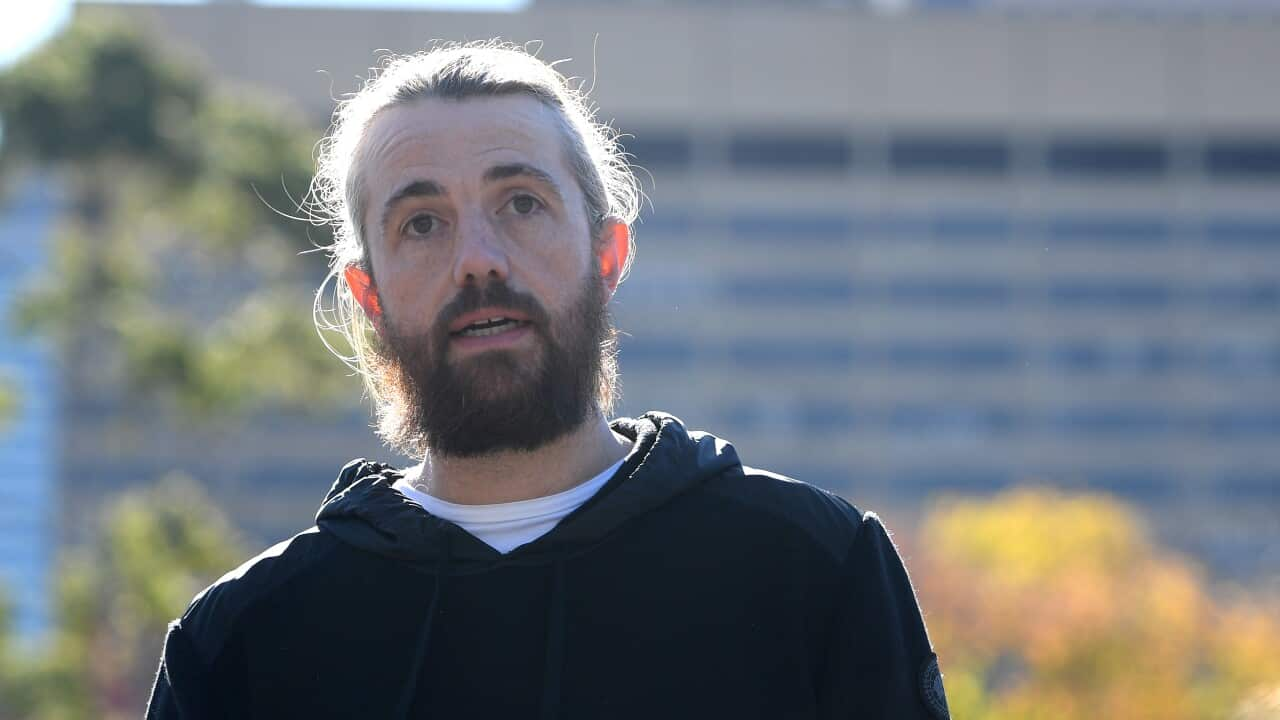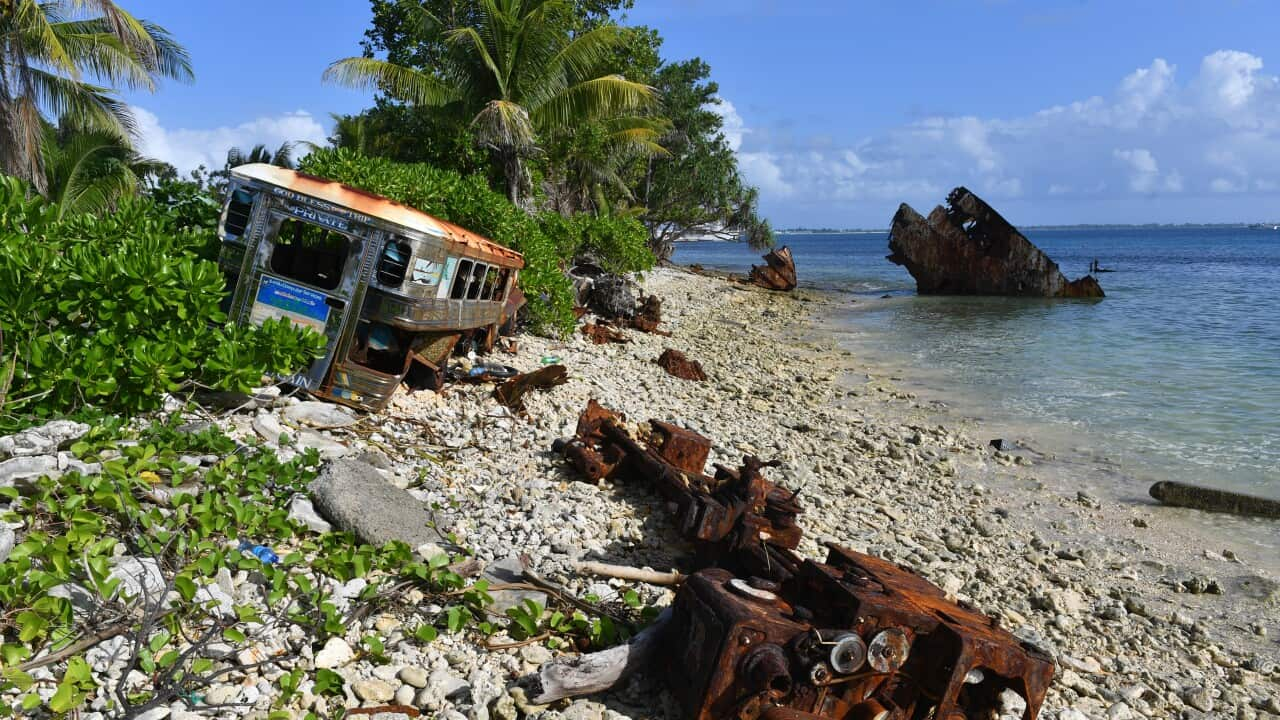Tech billionaire Mike Cannon-Brookes is on a collision course with the nation's biggest electricity generator and carbon emitter over its planned demerger, which he says entrenches fossil fuels and is "flawed".
The Atlassian co-founder, a renewable energy backer, has taken an 11.28 per cent stake in AGL Energy, via his private investment vehicle, to become its largest shareholder.
The revelation on Monday evening came just hours after AGL Energy released a letter to shareholders asking them to back a board plan to split the company into two entities - a green energy retailer called AGL Australia and a coal-fired electricity generator called Accel Energy.
The new entities will have a target to reduce emissions to net-zero by 2040 and 2047, respectively.
"We will be voting against the upcoming flawed merger," Mr Cannon-Brookes posted on Twitter on Monday night.
He believes AGL Energy can "benefit massively" from the future decarbonisation of the Australian economy because the transition will require "electrifying everything & moving our grid to be powered by cheaper, reliable renewables".
"The demerger makes no sense, or cents," he tweeted.
"We believe it destroys value for everyone - shareholders, employees, Australia and the planet."
AGL Energy told shareholders the demerger will create the "potential to maximise growth in the value of shares by giving each company the freedom to pursue individual strategies and growth initiatives".
For the demerger to succeed, 75 per cent shareholder approval is required. A vote will take place on 15 June.
Mr Cannon-Brookes has launched a website - Keep it together Australia - setting out his case for shareholders to oppose the demerger in the hopes of getting the other 15 per cent or more needed to block the split.
"What I need is other shareholders to come out and vote (against the plan)," he told ABC radio on Tuesday.
"This vote is coming up very, very fast and so I'm trying to make a clear case as to why this vote is bad.
"I'm a big believer in AGL's future and the huge possibilities of the economic transition that we are heading to in terms of decarbonisation."
Asked if rising prices for coal and gas, due to the war in Ukraine, were a disincentive for producer companies to decarbonise, Mr Cannon-Brookes pointed to higher power bills for households.
"The price of wind and sun hasn't changed at all as a result of (that) instability," he said.
"The problem we have here is the input cost of power.
"If you're running renewable energy then you don't have those price rises, which results in lower prices."
Earlier this year, Mr Cannon-Brookes , plus debt, via a consortium.
The consortium wanted to take the company private, close its coal-fired plants about 10 years earlier and spend $20 billion developing renewable energy and battery storage.
AGL shares closed on Monday at $8.62. The consortium's final offer in March was $8.25 a share.











